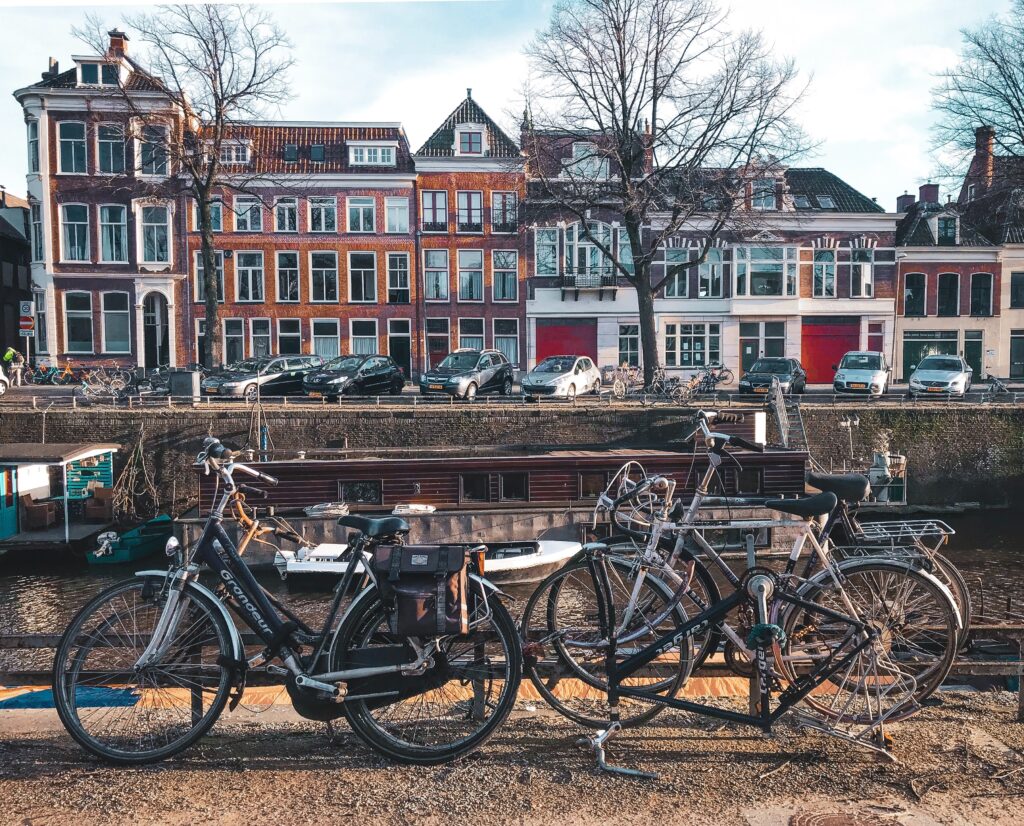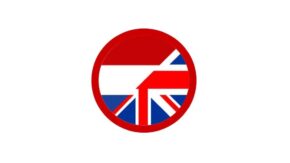
In this lesson, what are we going to explore? Learn Dutch fast with 10 essential words and phrases for beginners. Are you interested in learning Dutch but don’t know where to start? Don’t worry, we’ve got you covered! In this post, we’ll share 10 essential words and phrases for beginners that will help you get started on your Dutch language learning journey.
Dutch
1) Hallo - Hello The first and most basic word or phrase to learn in any language is how to say hello. In Dutch, you can say "Hallo" to greet someone. It's easy and straightforward! 2) Dank je wel - Thank you Saying "thank you" is always appreciated and can go a long way in making a good impression. In Dutch, you can say "Dank je wel" to express gratitude. 3) Ja/Nee - Yes/No Knowing how to say "yes" and "no" is essential for any conversation. In Dutch, you can say "Ja" for "yes" and "Nee" for "no". 4) Ik spreek geen Nederlands - I don't speak Dutch If you're still learning the language, it's okay to admit it. You can say "Ik spreek geen Nederlands" to let someone know that you don't speak Dutch. 5) Ik begrijp het niet - I don't understand Similarly, if you don't understand something someone is saying to you, you can say "Ik begrijp het niet" to let them know. 6) Goedemorgen/Goedemiddag/Goedenavond - Good morning/Good afternoon/Good evening Knowing the appropriate greeting for different times of the day is a sign of good manners. In Dutch, you can say "Goedemorgen" for "good morning," "Goedemiddag" for "good afternoon," and "Goedenavond" for "good evening." 7) Hoe laat is het? - What time is it? Asking for the time is an important skill to have when you're in a new place. In Dutch, you can say "Hoe laat is het?" to ask for the time. 8) Tot ziens/Doei - Goodbye/Bye When it's time to say goodbye, you can say "Tot ziens" for a more formal situation and "Doei" for a more informal situation. 9) Waar is...? - Where is...? If you're lost and need directions, you can say "Waar is...?" followed by where you want to go. 10) Sorry/Het spijt me - Sorry/I'm sorry Lastly, knowing how to apologize is important in any language. In Dutch, you can say "Sorry" for more informal situations and "Het spijt me" for more formal situations.
Phrase
Learning a new language can be challenging, but starting with these essential phrases can make a big difference. Practice saying them out loud, and don’t be afraid to make mistakes. Dutch is a beautiful language, and with these phrases, you’ll be on your way to speaking like a native in no time!
